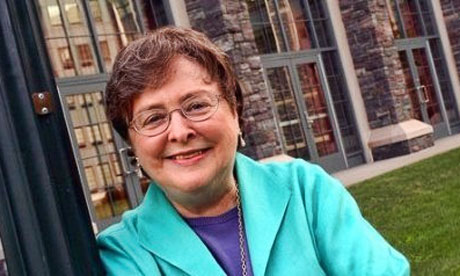In the cover letter to the U.S. Bishops on March 30, 2011 that accompanied the Committee on Doctrine’s criticism of my book Quest for the Living God, Cardinal Donald Wuerl stated that the Committee was always open to dialogue with theologians and would welcome an opportunity to discuss my writings with me. In my one public statement on the matter, released April 1, 2011, I also expressed a willingness to dialogue over these matters.
In a letter dated April 28, 2011, I was informed that Cardinal Donald Wuerl reiterated this openness to dialogue, and expressed the willingness of the Committee on Doctrine to receive any written observations that I would wish to make with regard to its Statement about my book. The observations which follow are in response to this invitation.
I write these observations in the spirit of the Egyptian bishop Athanasius. I’ve always appreciated his words, written during the conflict that ensued after the Council of Nicea when three groups contended vociferously over the right way to express Jesus Christ’s divine identity. Athanasius, who upheld the homoousios (one in being) teaching of the Council, noted that his party and the homoiousios party (similar in being), originally perceived as opponents, were actually on the same side as compared with the subordinationist Arian position. In the effort to forge unity, he wrote: those, however, who accept everything else that was defined at Nicea, and doubt only about the homoousios, must not be treated as enemies; nor do we here attack them as Ario-maniacs, nor as opponents of the Fathers; but we discuss the matter with them as brothers with brothers, who mean what we mean, and dispute only about the words. (De Synodis 41)
The Committee on Doctrine’s Statement declared that my book contains misrepresentations, ambiguities, and errors with regard to Catholic teaching. My statement spoke of misrepresentations, misinterpretations, and an incorrect picture of my book in the committee’s Statement. I also expressed regret that a prior conversation had not taken place to perhaps allay these difficulties. In view of our common concern for the church and for the richness of its teaching, I hope in these observations to discuss the matter with you as sister with brothers, “who mean what we mean, and dispute only about the words.”
Read Elizabeth Johnson’s open letter to the US Bishops defending her book Quest for the Living God
